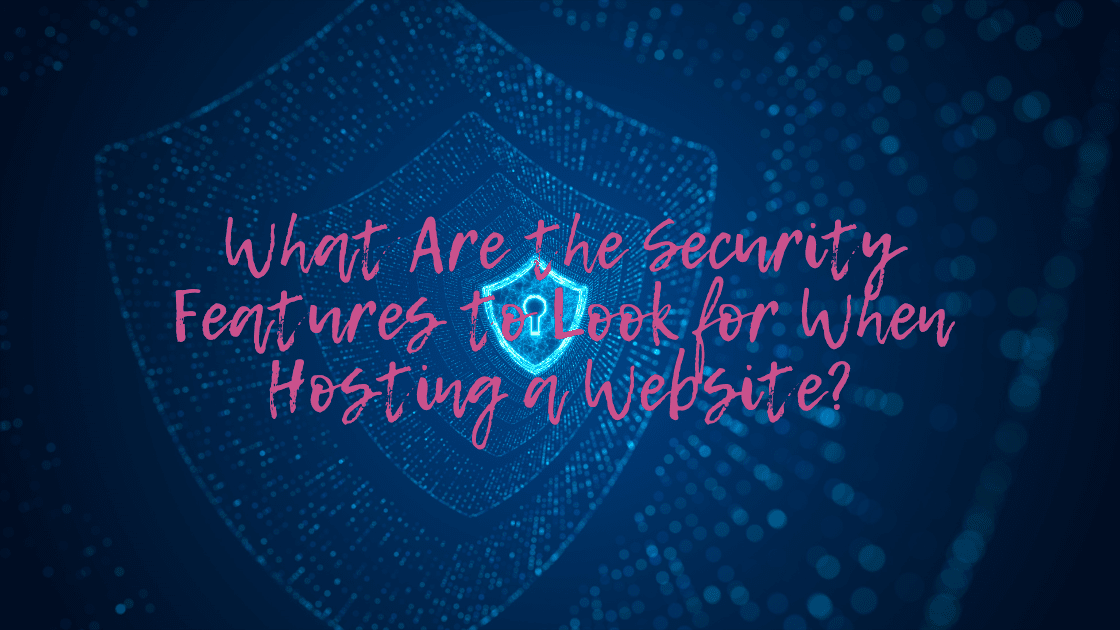Website security is essential. With recently increased attacks on data centers, website security should not be debated but considered a measure all businesses and website owners must implement. And by all businesses, I mean the small businesses inclusive.
It’s alright to think big companies are the only victims of hacker attacks. However, this is just a misconception that’s widely accepted. These hackers love to attack data centers where notable companies save the personal credentials of their clients and customers. And when this happens, every other company in the data center risks losing their data.
The attack on GoDaddy last year again reminded the world of the effect of cyber hacking. Within a few weeks, over 1.2 million WordPress websites hosted on their servers were affected. Data was lost, and critical information was exposed. The web hosting company could only bounce back and reclaim websites because of the security measures they had in place.
Website security breach is very dangerous. It could lead to so many things, including;
-
Extraction of customer’s credentials by hackers
People buy goods and services online, usually by entering their personal information and card details. Imagine what hackers would do when they get their hands on this data.
-
Redirection of customers and visitors to harmful websites
When hackers gain access to a server, they can spread malicious software on websites to redirect traffic to a different platform. They could scam your customers on these platforms or send malicious software to their computers.
-
Being enlisted on Google’s blacklist
There is no such thing as Google’s blacklist, but there has been news that Google quarantines at least 10,000 websites daily. Websites considered dangerous and suspicious are added to this list and won’t be accessible to Google users.
-
Loss of reputation and loyal customers
Internet users will stay off your website when they discover it has been hacked. Your customers will also patronize your competitors because of the fear of being hacked and scammed. All these will result in your brand losing its reputation.
-
Waste of money
It’s expensive to reclaim hacked websites. You will need a professional to clear all the malicious software on your website, which usually doesn’t come at a low price. Meanwhile, rebuilding from scratch is not really an option to consider because you wouldn’t want to lose all the recognition and ranks your website has acquired.
Seven Security Features to Look For When Choosing A Web Hosting Company
Most website attacks can be prevented using a web hosting platform with robust security features. Besides, hackers usually attack servers to gain access to websites. Therefore, to protect your customer’s data and prevent cyberattacks on your website, look out for the following security features when researching web hosting platforms;
-
A+ Grade SSL Certificates
In our article about seven essential features to look for when choosing a web host, the author emphasized the need for an SLA contract between a business and its web hosting company. The grade of the SSL certificates should be indicated in the agreement. It has been observed that web hosting platforms often advertise SSL certificates without specifying the particular grade they offer.
An SSL certificate is evidence of SSL/TLS encryption placed on a website to ensure the security of data transferred between a website and its users. Secure Socket Layer (SSL) is the predecessor of Transport Layer Security (TLS), and they both assign a public ID to a website. Your user’s browsing device will use this public key to form a secure connection with your server. It encrypts the data so that an interfering third party won’t be able to decode the information.
There are about ten different grades of SSL certificates. The A+ is considered the most excellent. The A, B, and C grades are acceptable. But anything lower than these three is manageable and cannot be trusted to secure your website data. Always ask before you pay. Only a few web hosting platforms provide the A+ grade SSL certificate.
-
7G WAF
A Web Application Firewall is the shield between your website server and the internet. It protects your website against the three most common malicious attacks: cross-site forgery, XSS scripting, and SQL injection.
It works using some set of rules called policies. These policies help to protect against weaknesses in your website by separating malicious traffic.
The 7G firewall is the latest and strongest version of the web application firewall. It solves all the problems that were too strong for its predecessors and offers the most secure defense for your website. A business website should be hosted on a server that provides or supports 7G WAF protection.
-
ModSecurity WAF
ModSecurity is another web application firewall that helps to safeguard your website against nefarious attacks. It checks all HTTPs requests sent to your website against some rules and lets the request through only if it obeys all the rules. If the request is safe, the web content is retrieved from the server and presented to the clients. Otherwise, the request will return an error or nothing. Businesses must seek a hosting platform that offers and supports ModSecurity WAF.
-
Maldet Malware Scanner
Maldet is a Linus antimalware software that detects and removes malicious threats from a web server. Another name for this great tool is Linux Malware Detect (LMD). It’s the latest version of its kind and works by scanning for threats with similar data as those saved on the network edge intrusion detection system. You can only run this scanner on a website when installed on the server. For this reason, you will want to go for a web host with this antimalware software installed on their server.
-
ClamAV Malware Scanner
ClamAV is a popular antivirus that has been around for a long time. It’s compatible with all operating systems, including Windows and Linus, and can also be used to protect servers. Viruses can corrupt your website files which will lead to downtime. But instead of trying to remove a virus, you can do well by choosing a web hosting platform with antivirus installed on their servers. Prevention is better than cure.
-
Brute Force Protection with Fail2Ban
Some hackers also use brute force attacks to access business websites. Brute force attacks are all the hacking methods that involve the use of trial and error to break encryption keys, crack passwords, and guess login credentials. And they can be prevented by using Fail2Ban.
Fail2Ban uses some set of rules to identify login authentication failures, exploits, and other suspicious activities that suggest hacking attempts into your website or web server. The tool deals with these attacks by banning the IP address of the person trying to gain unauthorized access to your business website. The ban may be temporary or permanent, depending on your settings. It’s such an excellent software that you would want to have on your server.
-
WordPress Security Hardening
WordPress hardening is the process of tightening the security of your WordPress business website. Some of these hardenings can be achieved by installing some plugins. But the complex part that actually protects your website against malicious attacks requires some special facilities from the web hosting platform. When looking for a web hosting company for your business website, you would want to factor this in.
The Easy Way to Go
There are so many things to check to ensure the security of your website. Why not commit this work to the hands of a reputable digital marketing agency? Premlall consulting is available to hear your website needs and find the appropriate web hosting platform for your business. Your website security is our primary concern, and we are ready to speak with as many hosting companies as possible to find the most secure one for you.
Security is one of the several infrastructures we will find for your business website. We will also ensure that your website doesn’t lack other essential things like preemptive customer support, auto-healing, high network bandwidth, and 24/7 server health monitoring. Check the web hosting service page for more information, or book a consultation with us.








